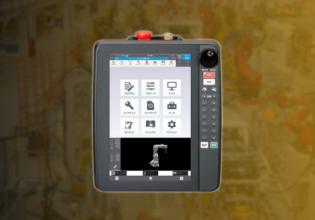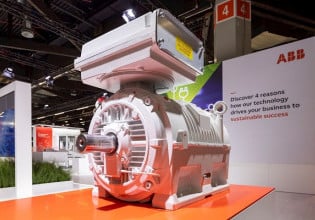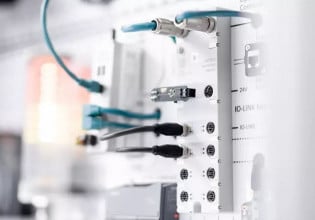W
List,
My company is trying to make it easier for our distributors and end customers to run test and configuration programs for our valves with bus
interfaces. To this end, we are trying to find less expensive and standard PC interfaces for several different protocols. Right now, we use ISA type cards, which are becoming dinosaurs. I would like to switch to either RS232 or USB type devices, so that access can be afforded with either desktops or laptops. We don't need $1,000 cards! Throughput is not a problem, since it's not for use as a master scanner. Can anyone help me complete this list of interfaces?
Interbus-S: Phoenix contact has a new card called Eco-link, which allows access to an Interbus-S network via an RS-232 line. The only thing I don't
like about it is that it needs an external 5 volt supply. I haven't found any USB interfaces.
Remote I/O: I haven't found anything for this network except an expensive ISA card.
Profibus: Surprisingly, I can only find ISA, PC104, and PCI cards.
CAN: Found a Softing card and also one from www.esd-electronics.com. These seem fine. If anyone knows any others, I'd still like to hear about them.
I'm surprised that this has been so difficult to find what I'm looking for. If anybody has any pointers, please send links!
Regards,
Willy Smith
Numatics
Costa Rica
My company is trying to make it easier for our distributors and end customers to run test and configuration programs for our valves with bus
interfaces. To this end, we are trying to find less expensive and standard PC interfaces for several different protocols. Right now, we use ISA type cards, which are becoming dinosaurs. I would like to switch to either RS232 or USB type devices, so that access can be afforded with either desktops or laptops. We don't need $1,000 cards! Throughput is not a problem, since it's not for use as a master scanner. Can anyone help me complete this list of interfaces?
Interbus-S: Phoenix contact has a new card called Eco-link, which allows access to an Interbus-S network via an RS-232 line. The only thing I don't
like about it is that it needs an external 5 volt supply. I haven't found any USB interfaces.
Remote I/O: I haven't found anything for this network except an expensive ISA card.
Profibus: Surprisingly, I can only find ISA, PC104, and PCI cards.
CAN: Found a Softing card and also one from www.esd-electronics.com. These seem fine. If anyone knows any others, I'd still like to hear about them.
I'm surprised that this has been so difficult to find what I'm looking for. If anybody has any pointers, please send links!
Regards,
Willy Smith
Numatics
Costa Rica






